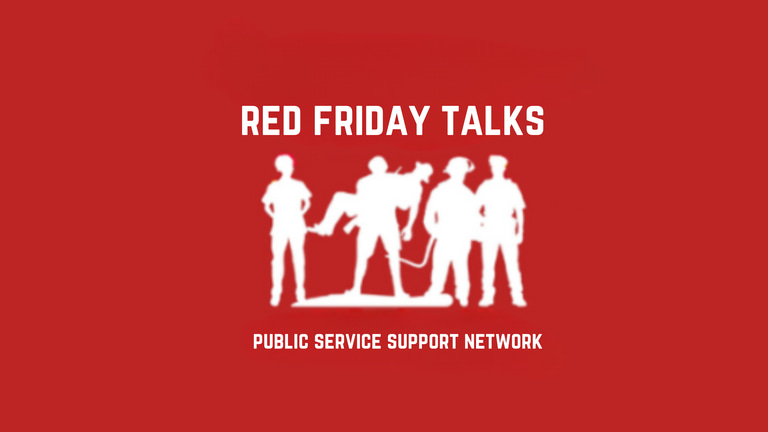How Anxiety Affects Relationships:
How Anxiety Affects Relationships:
Bob McTaggart
6/20/20253 min read



How Anxiety Affects Relationships: What You Need to Know
Anxiety doesn’t just affect the person experiencing it—it can have a ripple effect on close relationships, especially romantic ones. When left unaddressed, anxiety can lead to communication breakdowns, trust issues, and emotional distance, creating a cycle of tension that can strain or even end a relationship.
Let’s take a closer look at how anxiety influences relationship dynamics—and what can be done about it.
1. Communication Difficulties
🧠 Struggling to Express Emotions
People with anxiety often have a hard time putting their thoughts and feelings into words. According to the Anxiety and Depression Association of America (ADAA), anxious individuals may avoid emotionally vulnerable conversations, fearing judgment or rejection. This silence can lead to misunderstandings and emotional disconnection.
📚 Source: ADAA.org – Anxiety Disorders
🤯 Overthinking and Misinterpretation
Anxiety fuels excessive rumination. This can cause someone to read too deeply into their partner’s words or actions, often imagining the worst-case scenario. Overthinking can make simple issues feel much bigger than they are.
🔄 Constant Reassurance Seeking
A need for frequent reassurance—“Do you still love me?” or “Are you mad at me?”—can be exhausting for partners. While it might ease anxiety temporarily, it can also create a cycle of dependence and frustration over time.
📚 Source: Journal of Anxiety Disorders, 2017
2. Trust Issues
🔍 Suspicion Without Evidence
Anxiety can distort perceptions, making someone suspicious or doubtful of their partner even when there’s no reason to be. These thoughts often stem from internal fears, not actual behavior, but they can still create serious problems.
💔 Jealousy and Fear of Abandonment
According to psychologist Dr. Susan Heitler, anxiety often triggers jealousy and clinginess in relationships. People with anxiety might fear being left or replaced, which can push their partner away.
📚 Source: Psychology Today – Anxiety and Jealousy in Relationships
3. Emotional Distance and Avoidance
🚪 Withdrawing from Connection
People with anxiety sometimes avoid deep conversations or shared activities because they’re overwhelmed or overstimulated. This withdrawal can feel like emotional detachment to their partner.
🤝 Struggling to Connect
Avoidance can prevent meaningful emotional bonding, making it hard to sustain closeness or intimacy. Over time, this can create a wall between partners, even in loving relationships.
📚 Source: Cognitive Therapy and Research Journal, 2014
4. Unbalanced Relationship Dynamics
⚖️ Caretaker vs. Dependent
In some cases, one partner takes on a caretaker role while the other becomes overly dependent due to anxiety. This dynamic can feel unbalanced and unsustainable, especially if one partner feels they’re carrying the emotional load alone.
🔥 Constant Stress and Irritability
Anxiety brings tension into the relationship, sometimes leading to frequent arguments, irritability, or even complete emotional shutdowns.
5. Challenging Behaviors Triggered by Anxiety
🧩 Controlling Tendencies
Some people with anxiety try to manage uncertainty by becoming controlling, which can strain their partner’s sense of freedom and autonomy.
✅ Perfectionism and Unrealistic Expectations
High-functioning anxiety often comes with perfectionism. This can lead to rigid standards and disappointment when those standards aren’t met—by themselves or by their partner.
📚 Source: American Psychological Association (APA) – Perfectionism and Mental Health
🙊 Passive-Aggressive or Avoidant Responses
Instead of addressing problems directly, anxiety may cause a person to avoid conflict or act out in passive-aggressive ways, making healthy communication harder.
What You Can Do
Recognize the signs: Self-awareness is the first step toward change.
Open up communication: Talk about anxiety and its impact on your relationship.
Seek professional help: Couples therapy or individual counseling can make a huge difference.
Practice self-regulation tools: Mindfulness, journaling, and breathing techniques can help reduce anxiety’s hold on your relationship.
Anxiety doesn’t mean a relationship is doomed—but it does require understanding, effort, and often outside support. With open communication and the right tools, couples can grow stronger—not despite anxiety, but through learning how to manage it together.
Remember to give more than you take
Mental Health & Relationships
#AnxietyAndRelationships #MentalHealthMatters #RelationshipHealth #AnxietyAwareness #EmotionalWellbeing #HealthyRelationships
